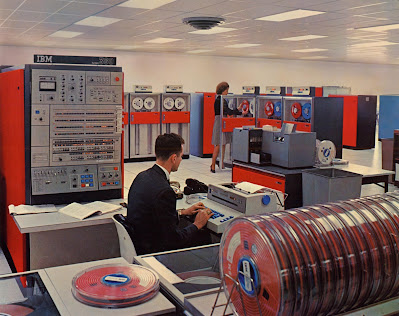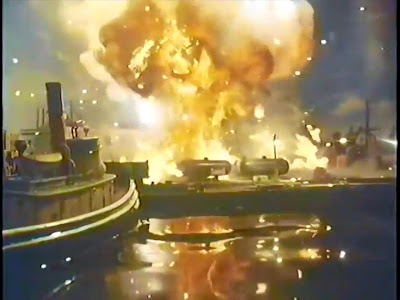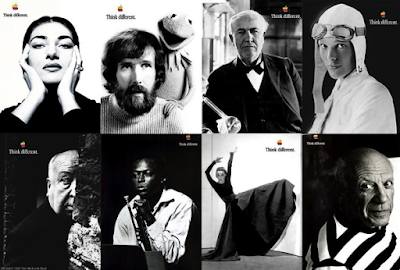Produced since 1895 by J. Hudson & Co. of Birmingham, trading as Acme Whistles, the Acme Siren Whistle (model number 147) has been the source of nothing but joy since mine arrived, direct from the manufacturer. Having the ability to create its surprising, whimsical whoopee of a sound at a moment’s whim was something I would have to keep quiet about for a while, but I gave it to someone else to use first, and they laughed as much as I did when I placed the order, anticipating its eventual arrival.
The siren sound is created by blowing into a cylinder casing containing a fan blade – the harder you blow, the faster it spins, and the higher (and louder) the sound created, the acceleration of your breath creating a silent sound. The mouthpiece and casing has changed from metal to plastic over the years, but the fan’s metal axle is still held in place by brass pins. The main body of the whistle, amplifying the sound, remains made of nickel.
Found in the “Orchestral and Musical Section” section of Acme’s website, I have experimented with what sounds you can set out of the Siren Whistle. Unless you can train your breathing to speed up and slow down at a constant pace, creating a type of police siren, you will be blowing straight into it to produce a sharp glissando to a high note, creating the “whoops” sound when a cartoon character slips on a banana skin, for this is the whistle that makes it. You can blow short bursts of air into the whistle to continue hitting a top note, as if the character is about to fall over. Sucking the air out of the whistle will not produce the opposite sound, but the sound produced could be described as the switching off of a turbine-powered vacuum cleaner.
Outside of its use for sound effects, the Acme Siren Whistle substitutes for Bob Dylan’s harmonica in his song “Highway 61 Revisited”, having purportedly been brought in to police drug use during the sessions. Its sound is very pervasive, cutting through to the forefront, especially if you are not expecting it, belying its 1880s origin as the “Cylcists’ Road Clearer”, appearing around the same time as the advent of the non-Penny Farthing “safety bicycle”, for those who felt that bells and yells would not be enough to warn of their approach. While cycling whistles have given way to bells, I have heard enough cyclists using machines to generate white noise and chirping while on the way to work – certainly enough to know they were cycling too fast on the shared path.
Its immediate use as a pick-me-up is giving me time to work out to what use I can use the Acme Siren Whistle. It could well work as an absurdist solo instrument, instead of the more obvious choice of a swannee whistle. Then, performing live, you can switch to Acme’s Siren Horn, with a seven-inch bell horn attached to the existing whistle...











